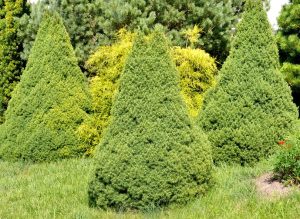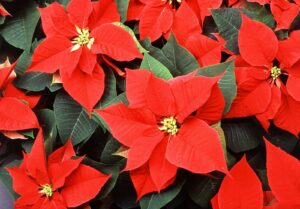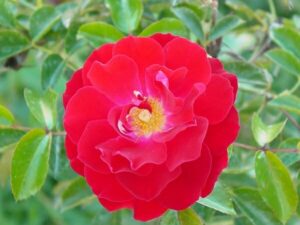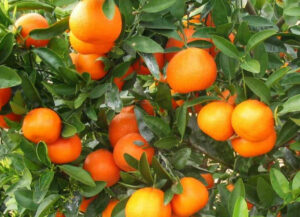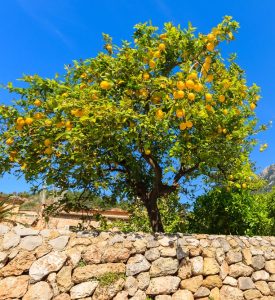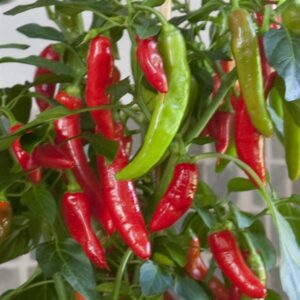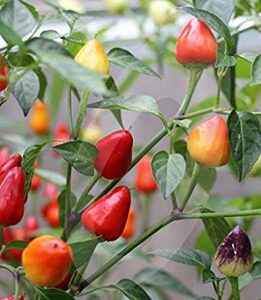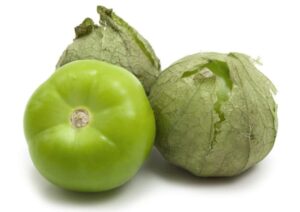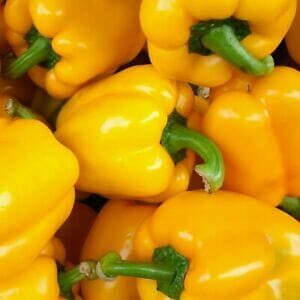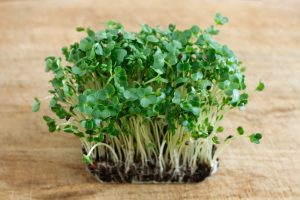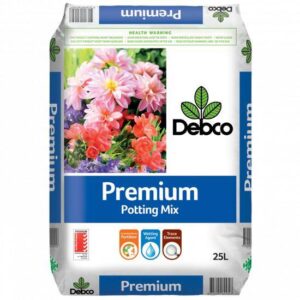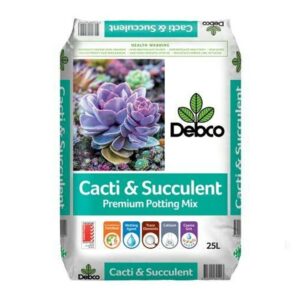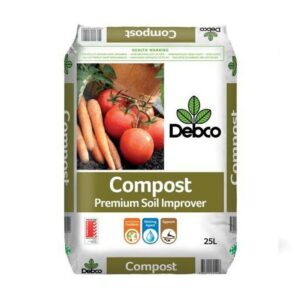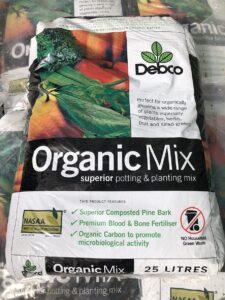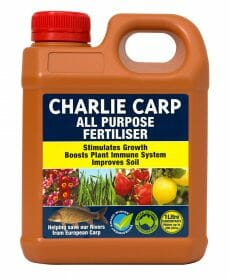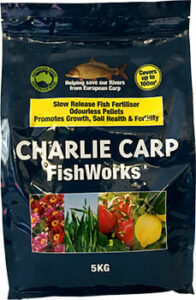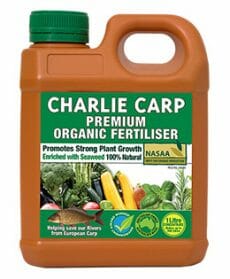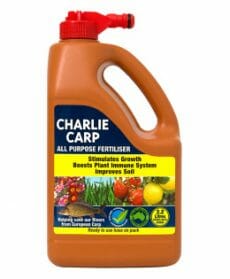
December in the Garden!
Hello Hello, dear gardening friends! December officially marks the start of summer here in Victoria and is the most exciting month of the year! Long summer evenings, garden parties, friends over for dinner, school holidays, vacation home getaways, and especially Christmas and New Year celebrations!
There are beautiful flowers blooming everywhere right now such as Jacarandas, Hydrangeas, Flame Trees, Daisies, and so many others, keeping the bees buzzing around all day long! The veggie patches are starting to provide us with the first zucchinis, tomatoes, and peppers, to cook some homegrown goodness! Fruit trees such as raspberries, blueberries, cherries, and mulberries are loaded with delicious fruit to tempt our taste buds!
If you have not yet completed your garden for the holiday season, now is the time to do it! Make sure to check out our FREE Garden Design(Click Here) service by Chris, to help you build your perfect garden! Here are a few things that need our attention in the garden this December:
Christmas Trees & Gift Vouchers!
🎄Potted Christmas Trees are in store Now!🎁🎅
If you prefer the look, feel, and smell of a real tree and if you can’t bear the thought of cutting down a tree just to use as a decoration, why not use a live potted Christmas tree or plant!?
We have a lovely selection of Pines, Spruces, and Firs that you can use as your live Christmas tree for the next 10 years! They are slow-growing, easy to maintain, and can be kept in pots for a long time!
We also have Bright Red Poinsettias and Holly plants that look amazing at this time of the year!
Click here to read more about how to take care of your Christmas Tree!
Bulk Deals!
To make it easier for you to fill up the garden we have lots of bulk deals on popular, winning plants sold by the tray in 3 inch or 6 inch pots! This is the most cost-effective way to fill up big spaces and transform your garden in no time!
Click here to see all our bulk deals
Flowers
Now that we are in summer, flowers in the garden are competing with each other for the attention of pollinators. That means brilliant colors, big blooms, and an abundance of nectar and pollen accompanied by sweet scents to attract the bees and butterflies. Geraniums, Scaevolas, daisies, Echinacea, Salvias, Petunia and many more are in full bloom right now.
• We have a fantastic selection of potted colour in store right now that are already flowering or just about to flower. You can easily plant these in your garden to make it pop with interesting textures and colors all Summer long.
• Companion plants: To naturally deter many pests such as aphids and slugs, here are a few flowers that you can plant from seed or seedlings right now: marigolds, sunflowers, asters, delphiniums, foxgloves, snapdragons, cosmos. Nasturtiums and marigold are the best companions for Summer tomatoes and capsicums.
• Tube Flowers. We also have a great selection of flowers in small pots (tubes) of 3-4 inch diameters. These are cheaper alternatives to larger sizes, grow very fast, and will bloom beautifully in the next 2-3 months or so.
Roses
Roses are blooming beautifully all over Melbourne at this time of the year. Now is a great time to choose which one is your favorite in terms of color and scent, so make sure you check out our range of roses in full bloom now. It is also a good time to feed your roses with some balanced, bloom, or rose fertilizer. Keep an eye out for aphids that love to feed on the fresh new flower buds. 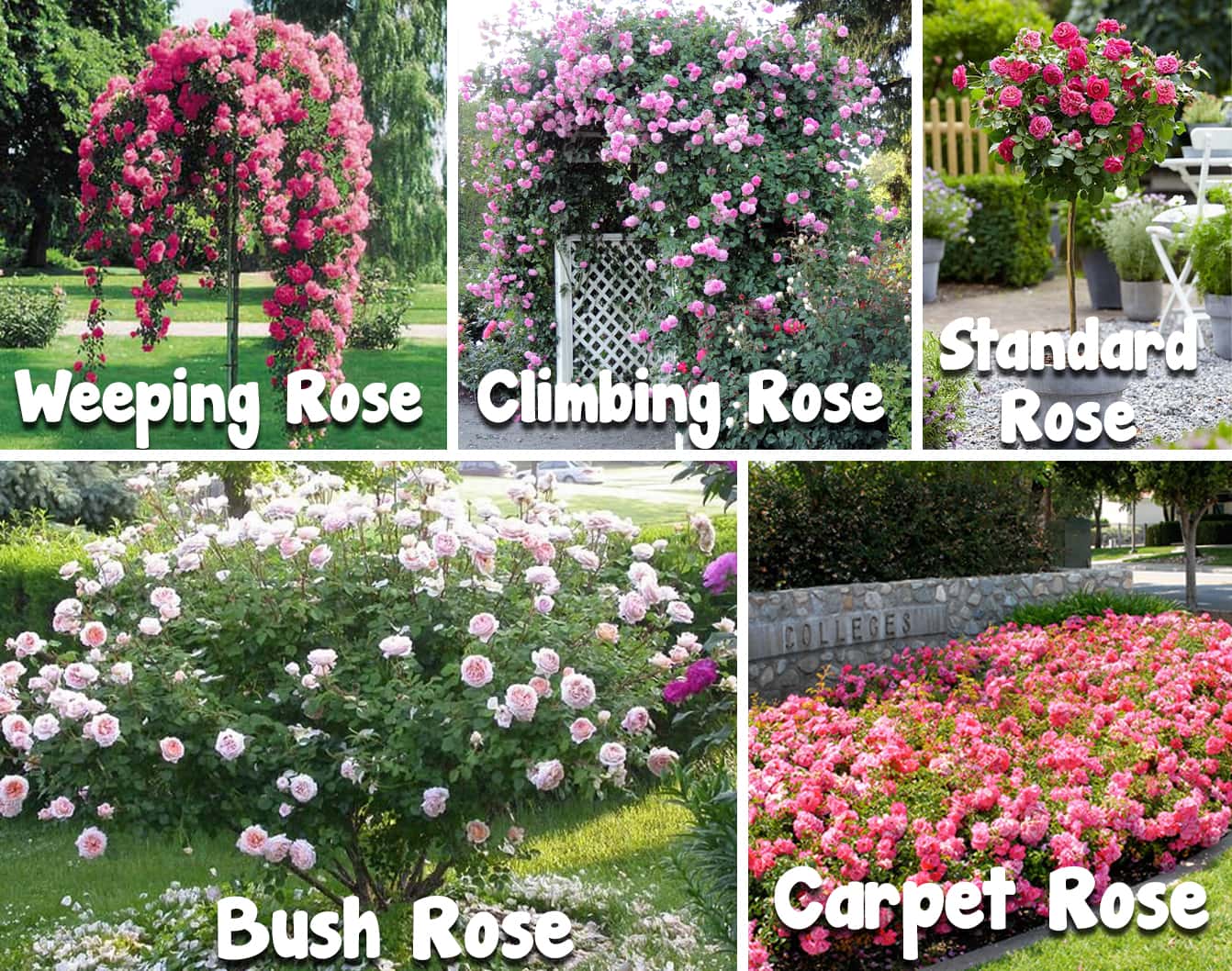 A good tip for more blooms on your roses is to dead-head the spent flowers regularly as this encourages more flowers to form. Avoid overhead watering as this can cause fungal problems. Watering early in the morning is better than in the evening. Once established, roses are quite drought hardy so water deeply only every so often. Most varieties are available in several “forms”, or shapes, such as bush form, climbing form, carpet roses, weeping roses, and as standard (lollipop shape).
A good tip for more blooms on your roses is to dead-head the spent flowers regularly as this encourages more flowers to form. Avoid overhead watering as this can cause fungal problems. Watering early in the morning is better than in the evening. Once established, roses are quite drought hardy so water deeply only every so often. Most varieties are available in several “forms”, or shapes, such as bush form, climbing form, carpet roses, weeping roses, and as standard (lollipop shape).
Fruits
Going into your garden, picking your own fruit, and enjoying them as fresh as they can be is really a special feeling. If you choose a dwarf variety, you do not always need much space for them, as they are happy to grow in big pots and you can trim them to your preferred size. Now if you have space, by all means, plant a full-size variety and put them in the ground and let them grow into bountiful monsters! You could then perhaps exchange or sell your surplus produce!
• Citrus plants. We have a great variety in 4L pots that are on sale right now! Citrus trees have been hard to get and in high demand this year, but this batch is new in. These are fantastic varieties that were originally destined for Victorian fruit farms, so you know they are born to produce fruit, plus they are very affordable.
-
-
-
Citrus ‘Lane’s Late Navel’ Orange 4L Pot
0Original price was: $54.99.$49.99Current price is: $49.99.
Veggies, herbs and Greens!
• Summer/Spring veggies such as tomato, peppers, squash, eggplants, zucchini, chilies and basil can still be planted out in the ground as we still have 3 long months of summer for them to grow and fruit! With the hot summer days, remember to water them regularly and occasionally with some seaweed fertilizers, which will give them the boost needed to cope with the heat and also produce abundantly and improve the taste. See full list here.
• Fertilize your tomatoes and peppers when you first plant them and then when they start to set fruit. After the tomato plants start growing fruit, add light fertilizer once every one to two weeks for better yields.
• Leafy greens such as lettuce, spinach, rocket, endive, silverbeet, mustard greens, and celery will all grow well in the garden right now until the early hot days of Summer are here. If you have limited space, you may want to favor Summer veggies instead and leave the leafy greens for the cooler months. You can also get creative and plant lettuce/rocket under or around your tomatoes/capsicums as they usually have shallow root systems that will not interfere too much. Planting them every couple of weeks will ensure a steady supply.
• Culinary herbs are really easy to grow and can be grown in pots on your balcony or your patio. They will grow well in shaded, partly shaded and sunny spots. You can harvest them and they will simply grow back. You can also chop them up, dry them and create your own mixed herbs for later use. Once you start planting your own herbs, you will never buy them at the supermarket again.
Click here to see them all.Pruning, Repotting & Weeding
• If your potted plants are looking overcrowded, you can always trim them or split and re-pot them into new pots. Make sure to use the right potting mix for them.
• Scraggy plants. If you have tried to revive and fertilize old and sad looking plants to no avail, perhaps it is time to replace them. Rework the soil after pulling them out and let it settle for a week before planting a new plant there.
• Always stay on top of the weeds. With all the Spring flowers blooming and then releasing their seeds in the wind, you will see small seedlings popping up everywhere. It is easier to get them while they are still small by disturbing the topsoil and applying some mulch.
Soil, Fertilising, and Mulching
• Improve the growth, health, and yield of your plants by nurturing the soil as an alternative to using fertilizers. You can do that by restoring the beneficial microbial activity in your soil with some compost tea and top dress your soil with compost, manure, and also some blood and bone meal. Turning the soil over is not recommended as it will disturb the delicate worm and microbial systems, which take time to build and are important for good plant development.
• It is best to give some liquid feed to Summer flowering annuals every couple of weeks with a complete liquid fertilizer, to encourage healthy and vigorous new growth. You can also add some slow-release granular fertilizer that will feed your plants over a period of 3 to 6 months.
• Mulching. When the summer heat comes round, it is important to have a nice thick layer of mulch on your soil to keep some moisture in the ground and also keep the roots of your plants cool. This will reduce the frequency of watering and prevent your plants to go through heat and drought stress. If you are putting mulch for the first time, make sure to choose the right ones as they change the PH of the soil when they break down. Pine bark mulch creates acidity when breaking down, so it is perfect for Azaleas or Camellias, whereas straw or sugarcane are recommended for veggie beds. Do not put mulch too close to the stems but rather around it, as this will encourage the roots to grow outwards to find water and make them stronger. Also, make sure to give the soil a good soak before mulching. When watering over mulch, it needs some extra water to make sure it penetrates into the soil.
Pests & Disease
Now that there are lots of new shoots and seedlings, coupled with some warm weather and few showers here and there, there will be more insects in the garden. The hot and humid weather is perfect for them to proliferate, feed, and cause damage to plants.
• Aphids, thrips, and mites. With the warm weather, these sap-sucking insects find their way into our garden to feast on all the new growth. If there are not too many, you can leave them to help build the beneficial insect population that will then take care of the bad bugs for you later on. Adult aphids eat thrips and mites and ladybugs also eat aphids, thrips, mites, and whitefly If you have an infestation, on the other hand, you can make some homemade aphid spray to apply under the leaves of affected plants. Mix 2 tsp vegetable oil, 1 tsp dishwashing liquid, and some garlic cloves crushed, mixed in 1lt of water, and left to infuse overnight. This is completely safe for other beneficial insects. Also, think of planting some beneficial insect plants that will attract ladybirds and they will take care of aphids for you. A favorite plant for ladybirds is the Angelica herb.  • For ants you could sprinkle some diatomaceous earth on the ground where there is a lot of ant activity but only when it is dry. You will have to reapply it after it has rained. It is a natural organic control method that will not harm other insects.
• For ants you could sprinkle some diatomaceous earth on the ground where there is a lot of ant activity but only when it is dry. You will have to reapply it after it has rained. It is a natural organic control method that will not harm other insects.
• Psyllids are a tiny (native) sap-sucking insect that are occasionally referred to as plant lice. They congregate in large numbers and can disfigure the new growth primarily on their chosen host plant of many lillypilly species. They are almost always found on the underside of the new foliage. They usually target unhealthy and vulnerable plants so make sure to keep your plants fertilized and as healthy as possible. New foliage can show signs of dimpling or bubbling and give the impression that it is a disease. Older foliage is often left untroubled. Although psyllid attack can occur anytime between early spring and mid – Autumn, the main times for control is October through March. This coincides with the breeding cycle of the insect. You can remove affected leaves and spray the plant with some natural products such as horticultural oils or neem oil. Ladybirds and lacewing insects are natural predators to the psyllids so encourage them in your garden by planting some beneficial insect plants such as Angelica, dill, coriander, etc.
• Codling Moth attacks Apples and Pears. The moth lays its eggs on leaves and immature fruit as flowering finishes. The hatching caterpillars then burrow into the fruit and eat it from the inside. Yates Success Ultra is a good product to control these. You can also use organic control methods such as neem oil or even physical barriers such as fruit bags. Welcoming beneficial insects in your garden will also help with the control of codling moths.  • Keep an eye out on your Rose plants for common diseases such as black spot, rust, and mildew. If you have noticed any fungal disease in the past on your plants, now is a good time to spray them with some organic copper-based fungicides.
• Keep an eye out on your Rose plants for common diseases such as black spot, rust, and mildew. If you have noticed any fungal disease in the past on your plants, now is a good time to spray them with some organic copper-based fungicides. 
That’s it for this month!
Wishing you all the best in the garden! Keep smiling, be happy and as usual, stay safe lovely people 🙂
Gardening December Melbourne, Victoria, Australia.





